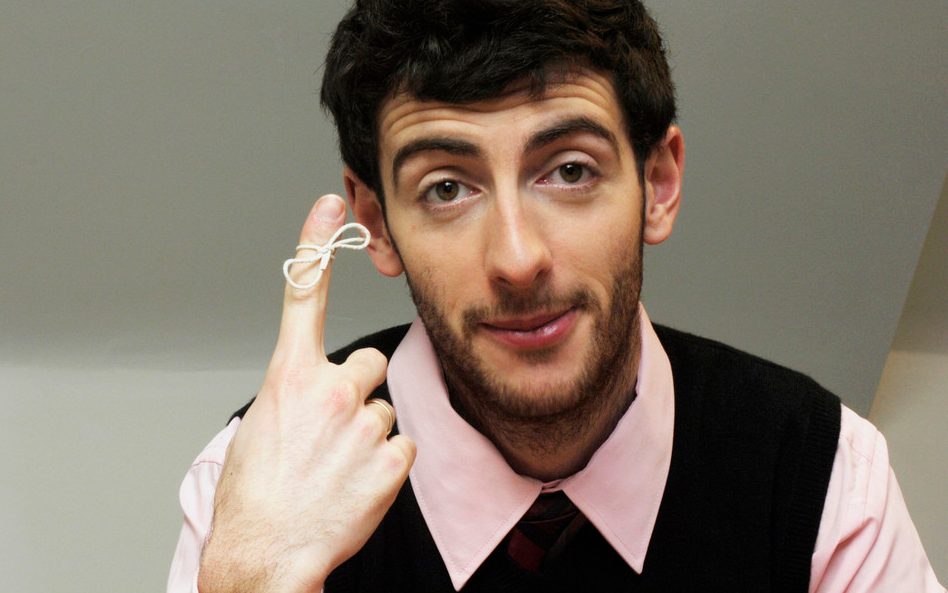What Is Short-Term Memory Loss?

Have you had short-term memory loss? Can’t recall? Short term memory loss may be temporary if it arises from a particular event. Here's what you should know.
What is short term memory loss?
Short-term memory includes information and sensory data like sounds and images your brain acquires during the past few seconds to several days. If you have short-term memory loss, you might forget a name from an introduction 20 minutes earlier, yet still recall your first-grade teacher’s name or a phone number from your college days.
In some cases, people can’t recall a traumatic event they experienced or witnessed, but the loss doesn’t affect their memory of other things as time goes on.
But most people find that their memory seems to get worse over time. Aging — and modern life — is rough on memories.
YOU MIGHT ALSO LIKE: When to Worry About Memory Loss
Causes of short-term memory
Lack of sleep can make you less able to learn the next day. Common medications can also interfere with memory, including:
- Antidepressants
- Anti-anxiety drugs
- Antihistamines
- Statins
- Beta blockers
- Antiseizure meds
- Muscle relaxants
- Sleeping pills
- Pain medications
Anxiety and stress limit your concentration and make it harder to learn new things.
Smoking reduces the amount of oxygen that reaches year brain. Smokers have a harder time associating faces with names than nonsmokers do.
Abusing alcohol is another trigger.
Short-term memory loss could arrive after a rupture in a brain aneurysm, a bulging spot on the wall of brain arteries. A pool of blood clots and puts pressure on brain cells, possibly damaging or destroying them. Most people end up with lasting memory loss.
Seizures, heart bypass surgery, depression, a stroke, concussion, or a brain infection can trigger short-term memory loss. One of the first signs of dementia is short-term memory loss.
If you suffer from short-term memory loss, your doctor will take a medical history and ask other questions to test your memory. Your doctor might order blood tests to rule out a vitamin B-12 deficiency, thyroid disease, or other possible causes of memory loss.
You might need an MRI or CT scan of your head and an EEG to measure electrical activity in your brain or a cerebral angiography to examine blood flow.
How to improve memory
It is important to treat the underlying causes of short-term memory loss. Check into your medications; you may be able to switch others that don’t affect your memory. You may benefit from nutritional supplements or therapy or medication for anxiety or depression. Quit smoking, limit your alcohol intake, and make sure you’re getting enough sleep.
Drinking coffee may improve your ability to store new memories. Chewing gum could help you concentrate during a test of your memory.
Regular exercise is a potential all-around memory-booster, as it is associated with protection against general brain deterioration from aging.
Research suggests that meditation can be surprisingly powerful at improving memory, for example, improving performance on a GRE standardized test with just two weeks of training.
Brain teasers like Sudoku and crossword puzzles may help. You can also try strategies called mnemonics to improve memory. You will link new pieces of information to information stored in your long-term memory.
Don’t panic if you have occasional memory lapses, but if you notice a decline try to link it to an event or change in your habits. You can remove some triggers of short-term memory loss. Your doctor can help.
Updated:
September 28, 2023
Reviewed By:
Janet O’Dell, RN